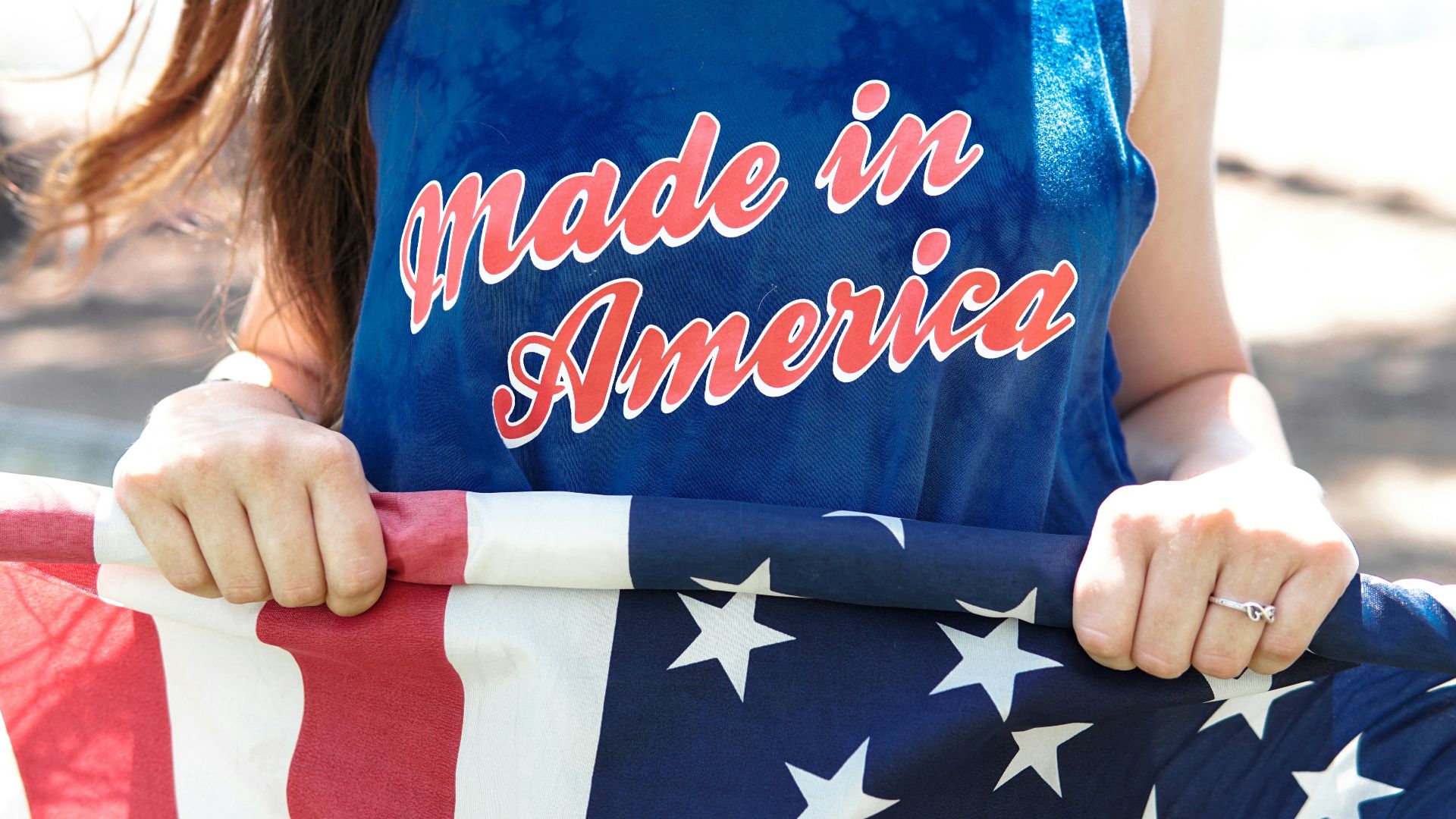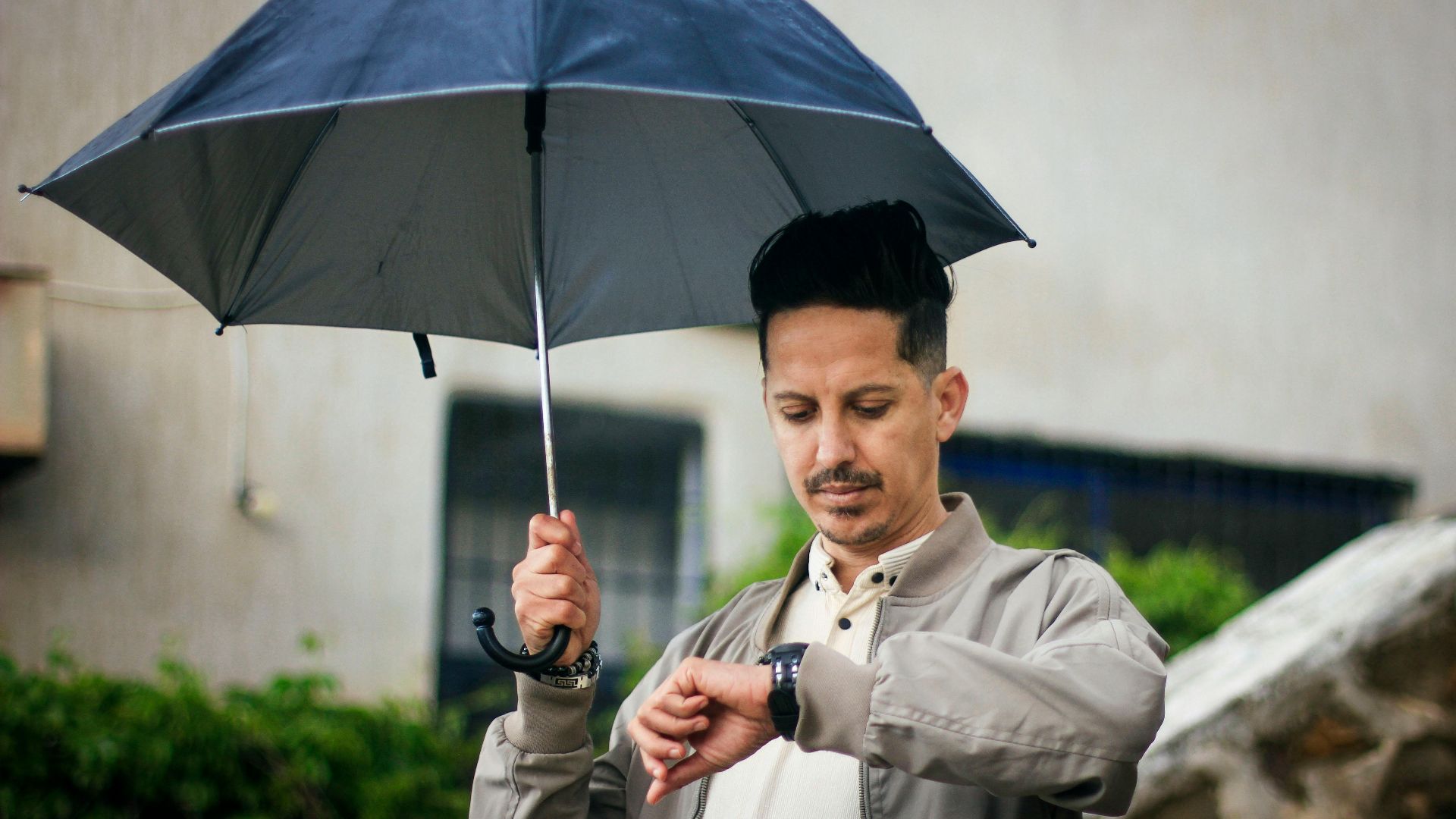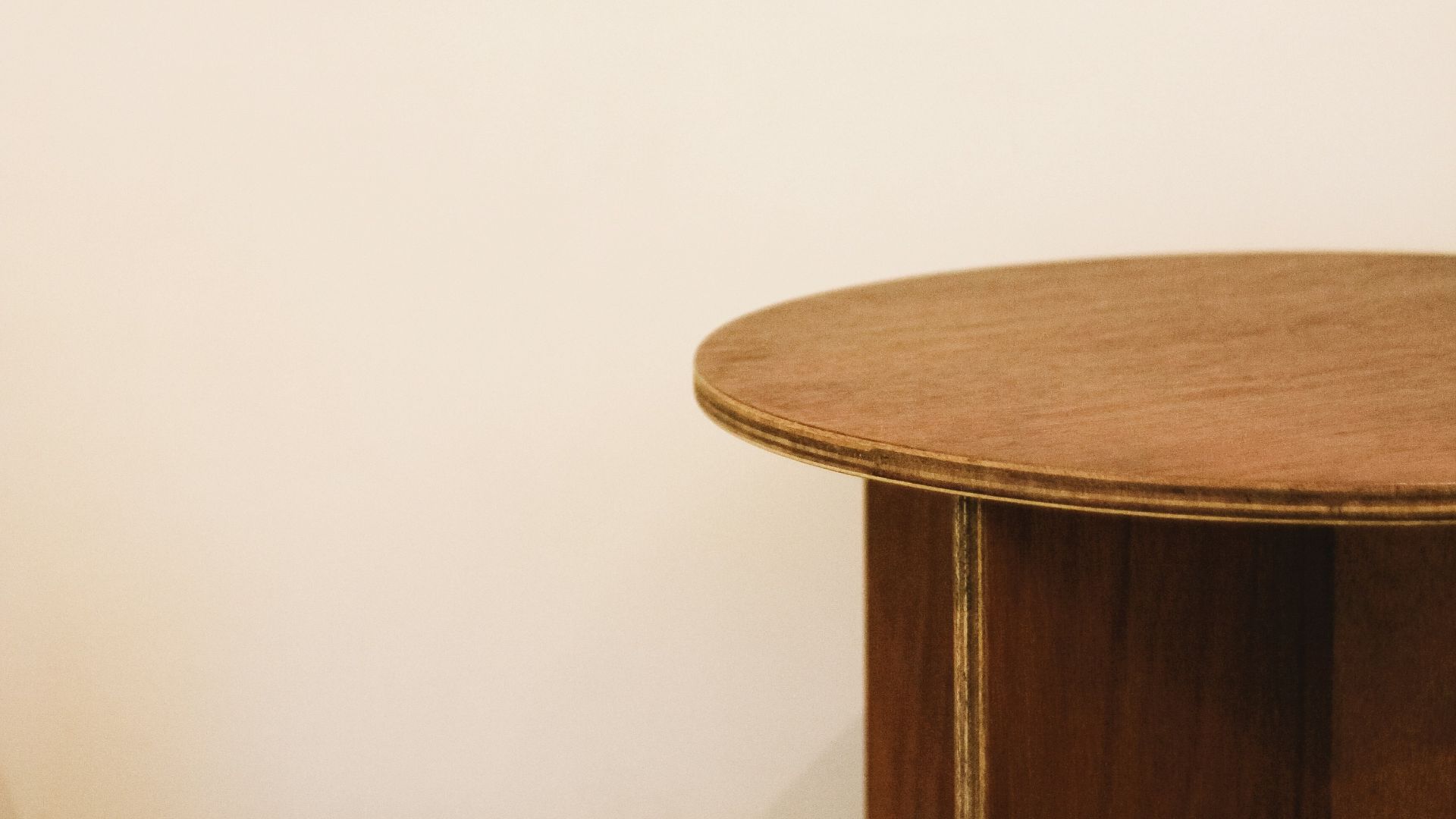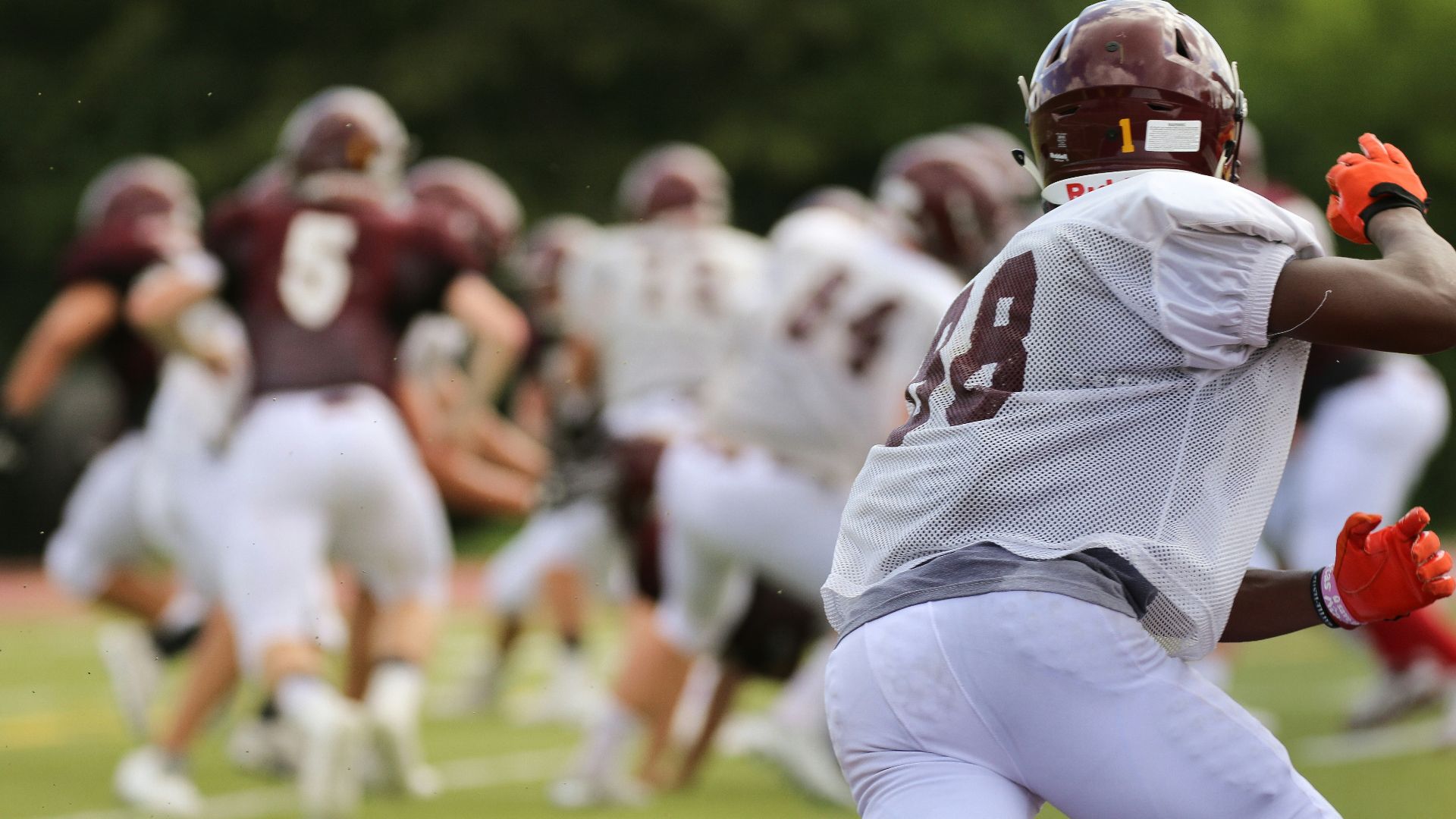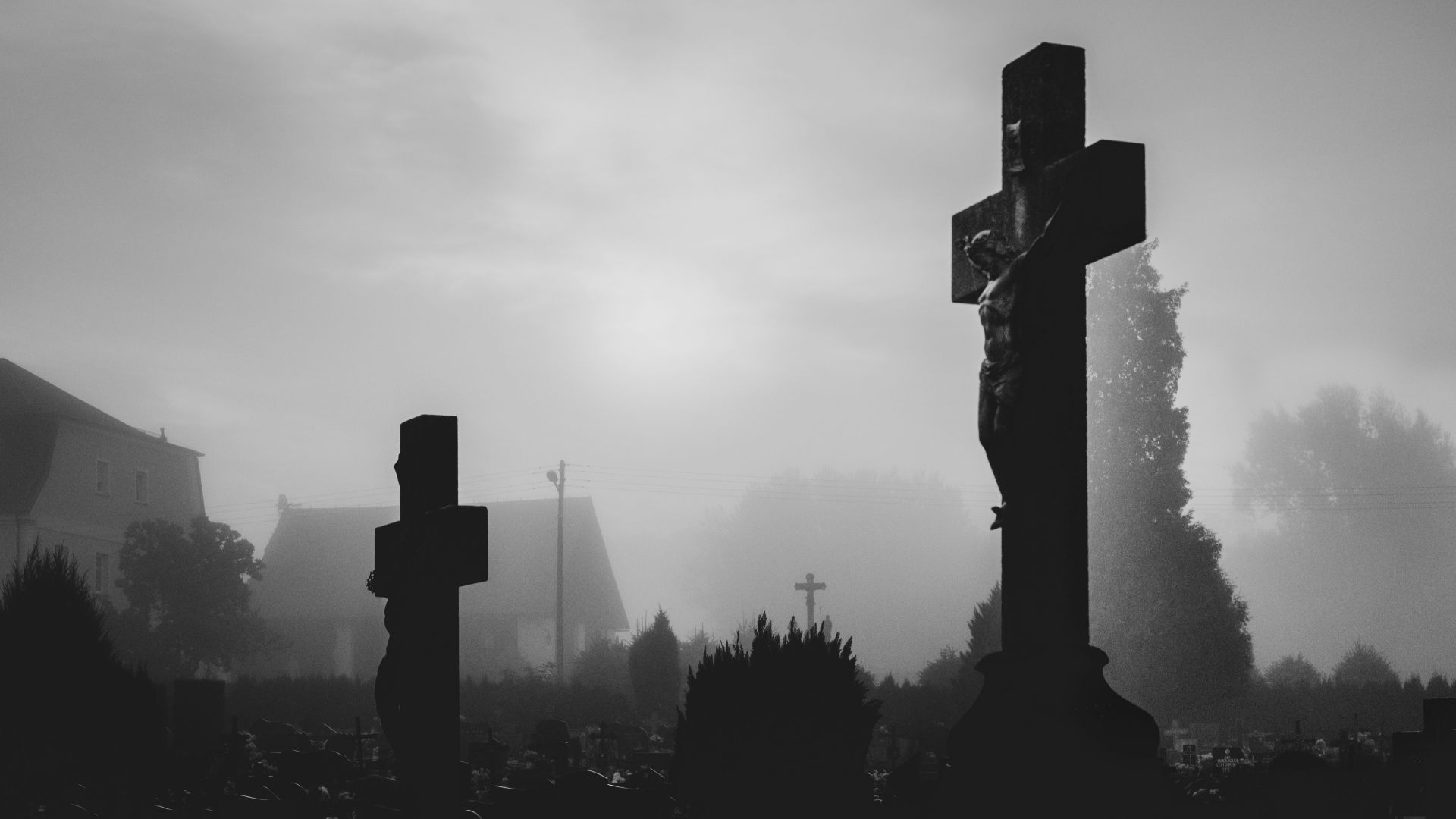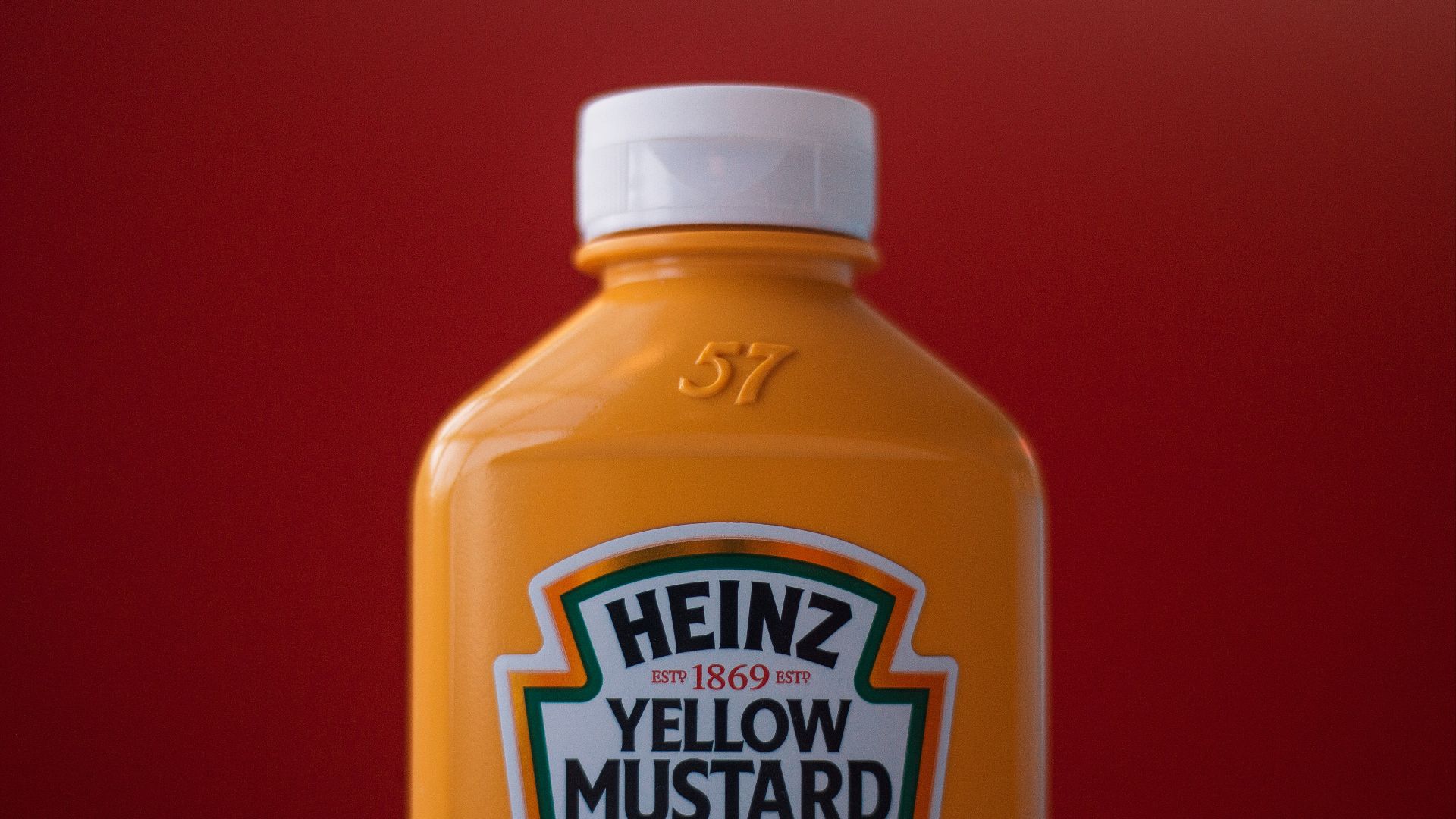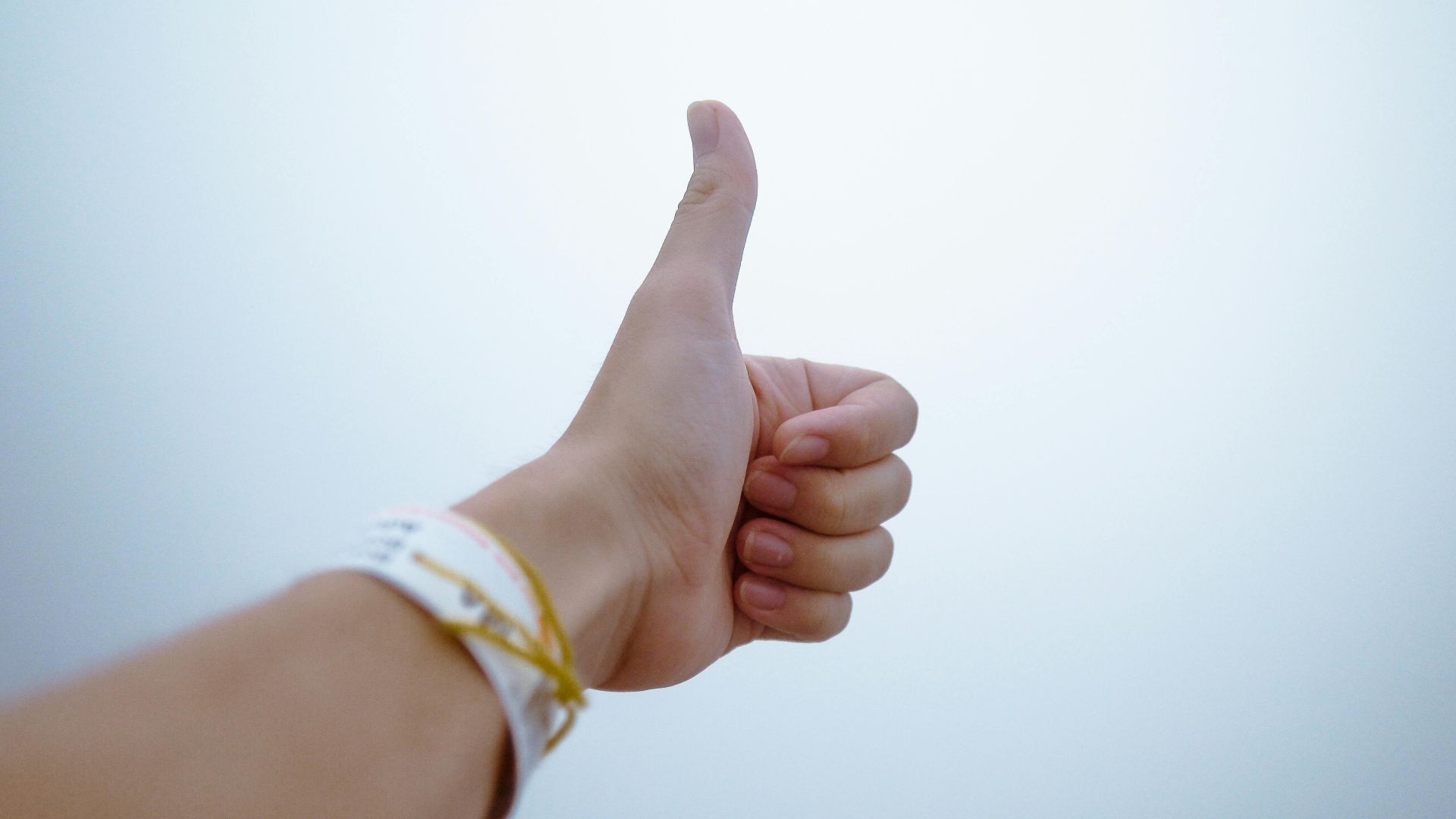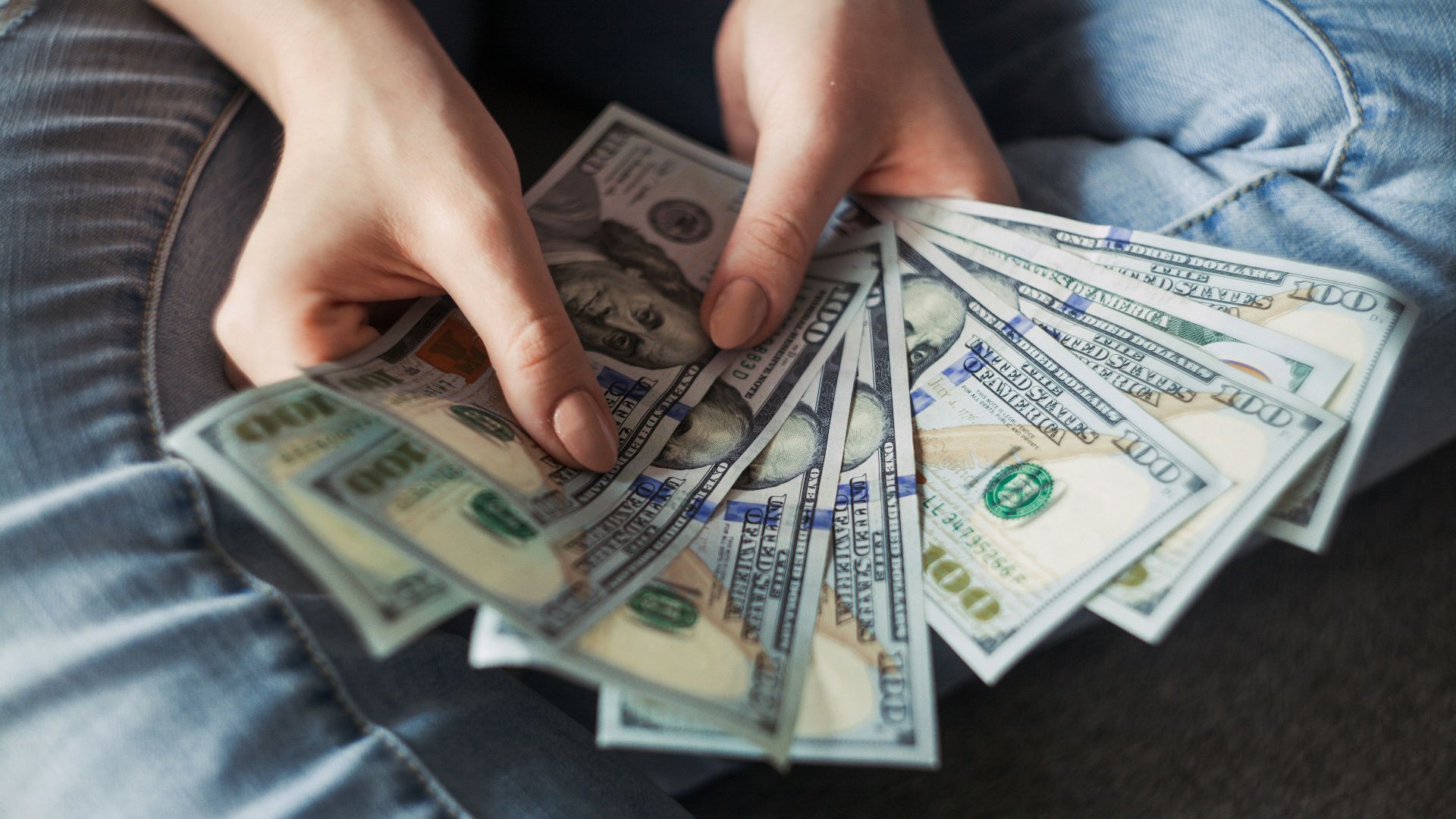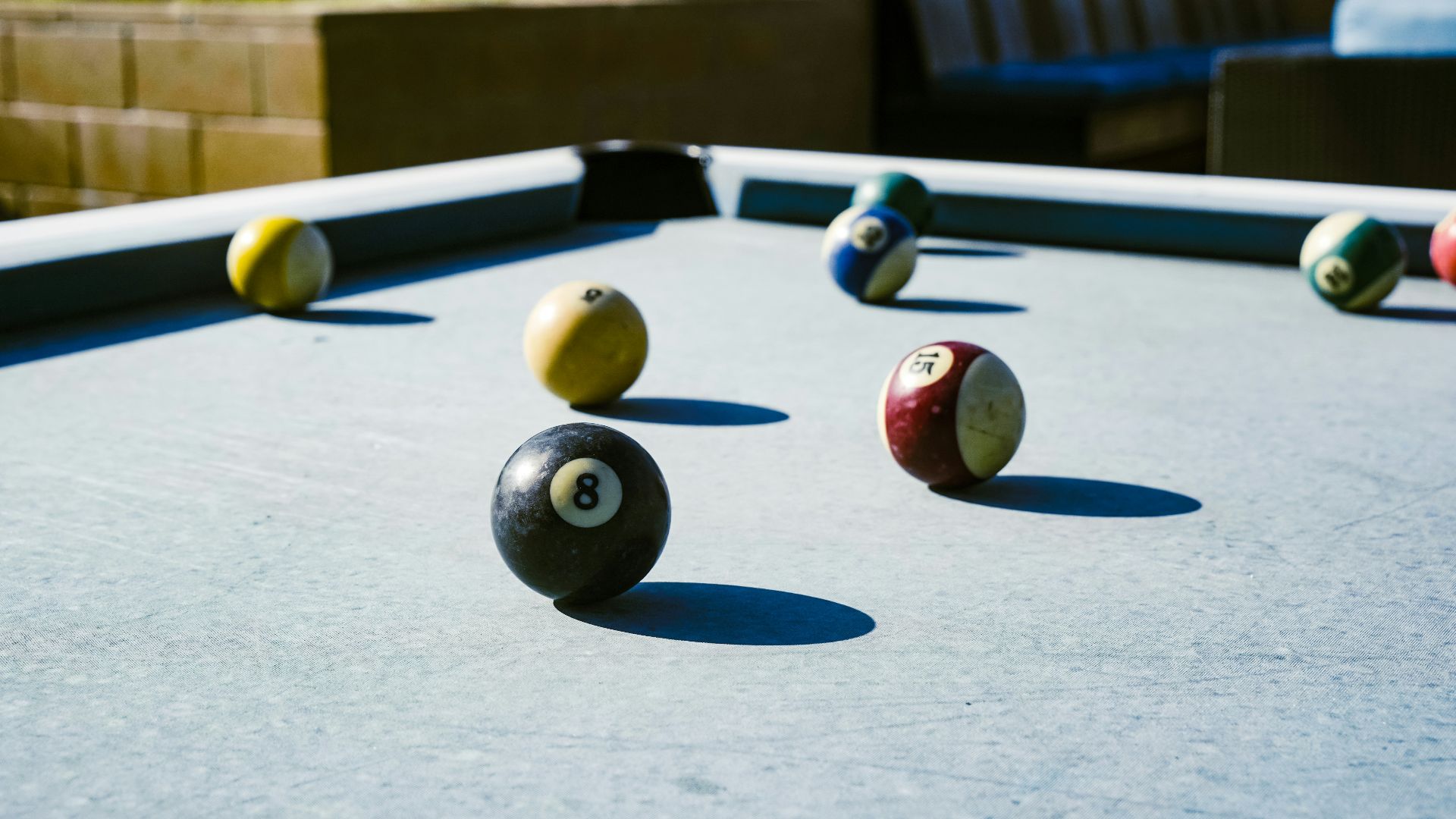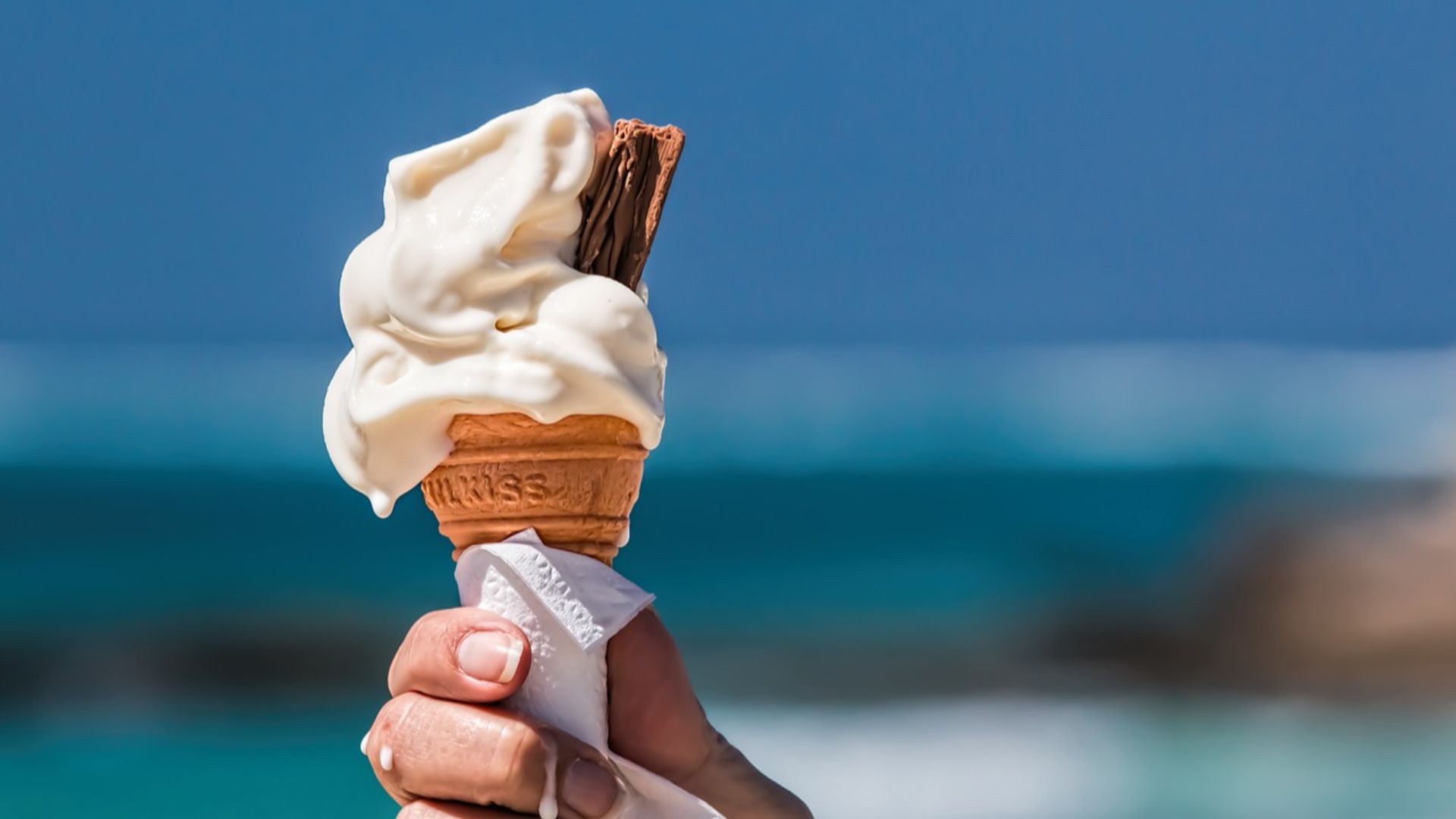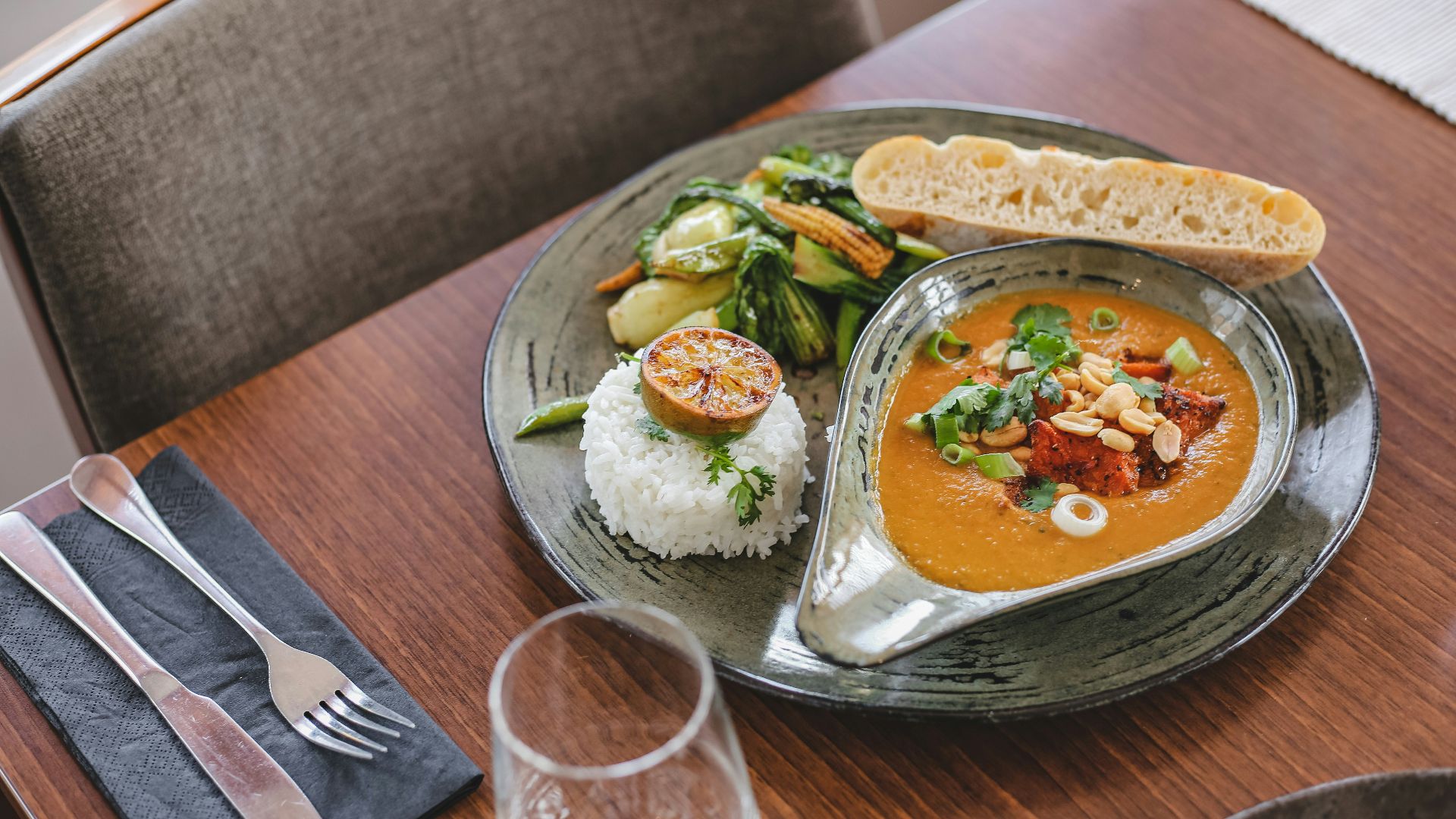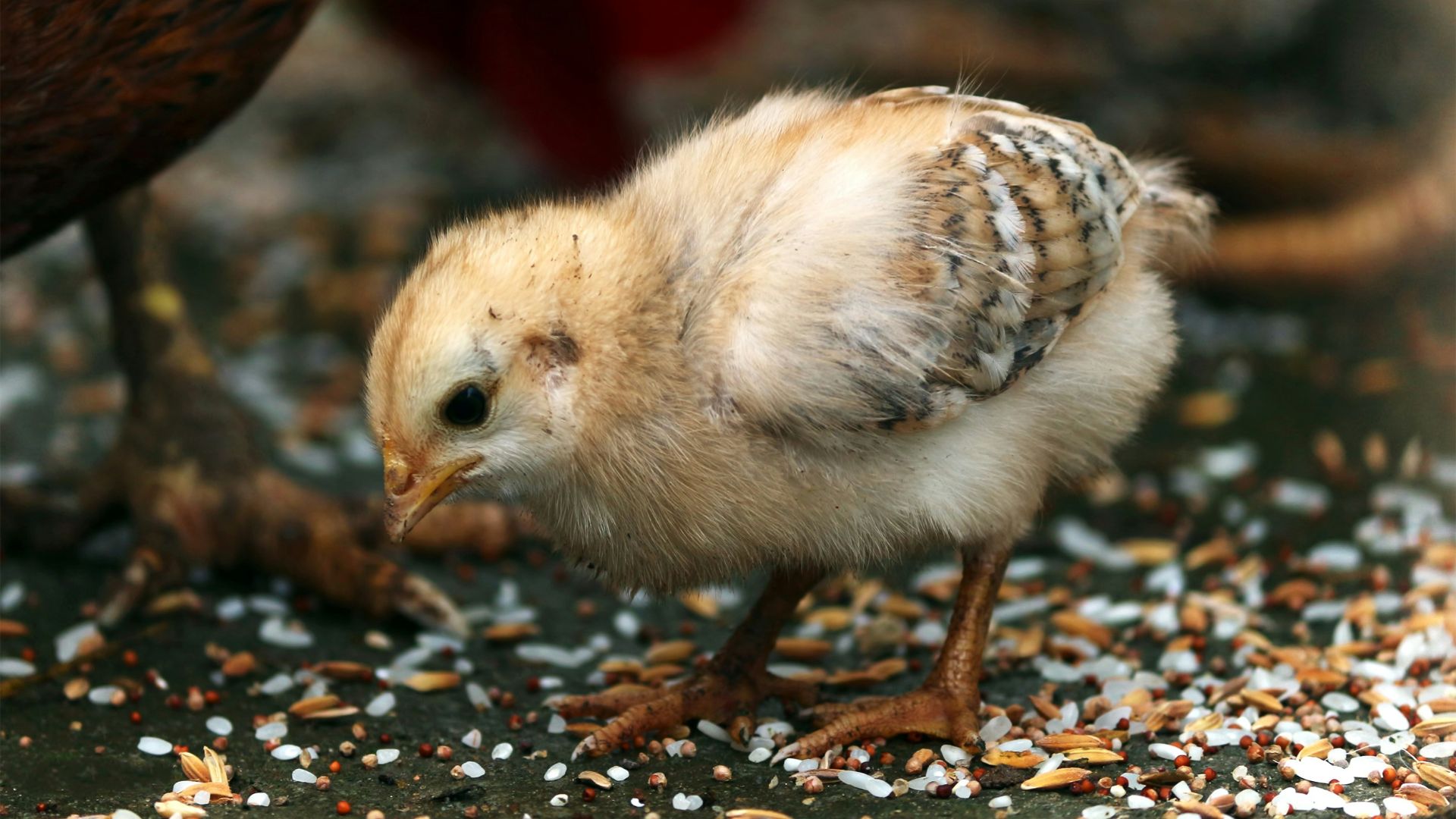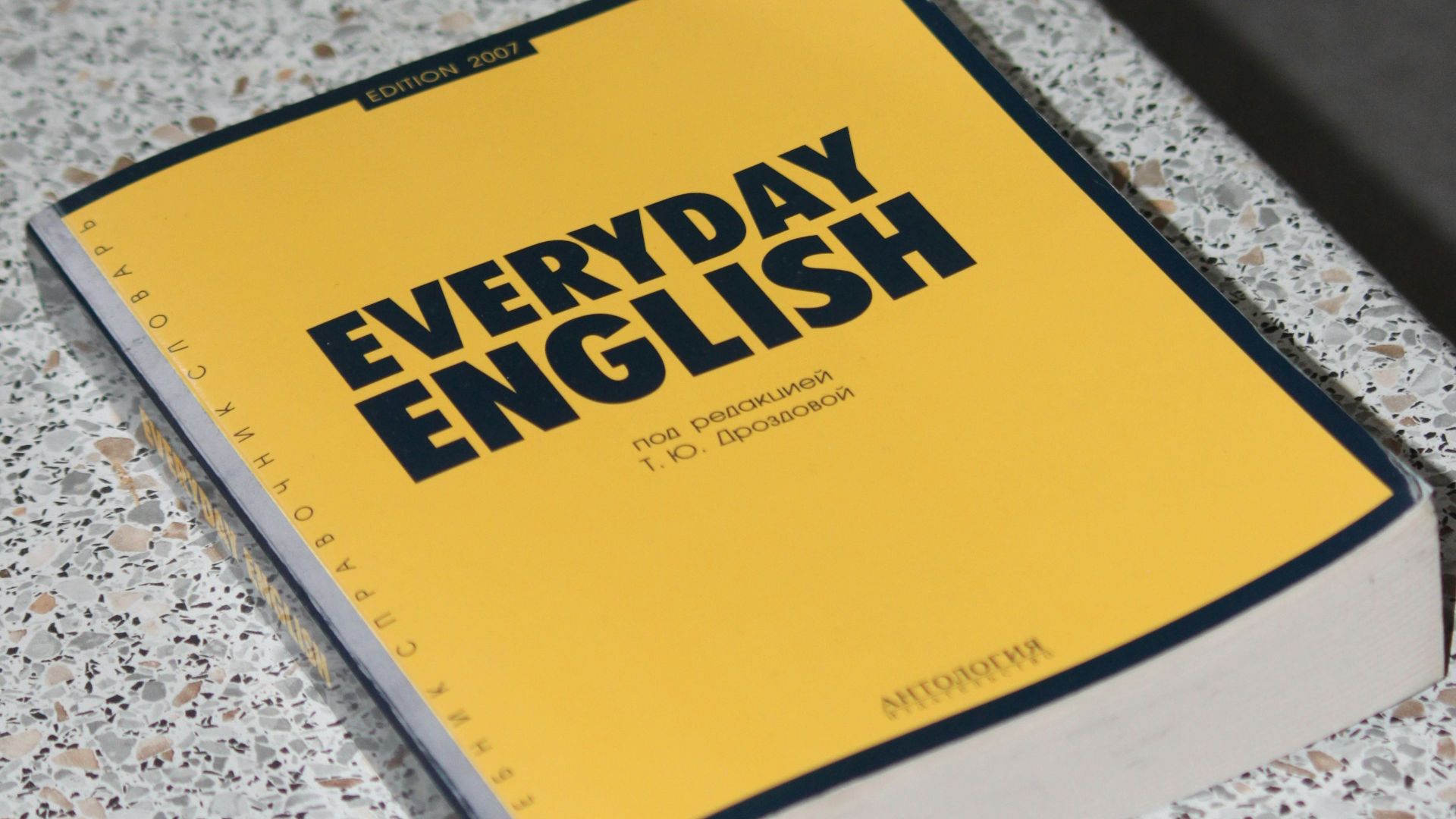Here's How to Sound Like an American
Depending on where you're from, you probably have your own set of slang terms, idioms, and expressions that outsiders wouldn't understand. Americans do, too—and there are a lot of them that'll have you raising your brows if you're not from the States. Ready to be confused? Here are 20 odd phrases people outside the US will probably have a tough time puzzling out.
1. Rain Check
If you're not familiar with this phrase, you're probably scratching your head. Rain check? As in, let's check the rain? Nope—to rain check something is to come back to an invitation at a later date because you can't accept it now. For example, if you planned to meet up with a friend but something came up last minute, you can tell them you need to rain check your coffee date. You can also rain check an out-of-stock advertised item at the grocery store, which allows you to get it for its sale price once it's available again.
2. Table It
This might be another expression you'll raise your brows at, but to table something doesn't mean you're putting it on the table. Instead, it means you're postponing something, such as a discussion ("Let's table this discussion"), and you'll come back to it later.
3. Piece of Cake
"That's a piece of cake!" If you hear Americans use this phrase, they're not pointing out the obvious or spouting random words. They're saying that something is super easy. For example, if you ask them how they did on a test and they respond that it was a "piece of cake," it means the test wasn't difficult at all.
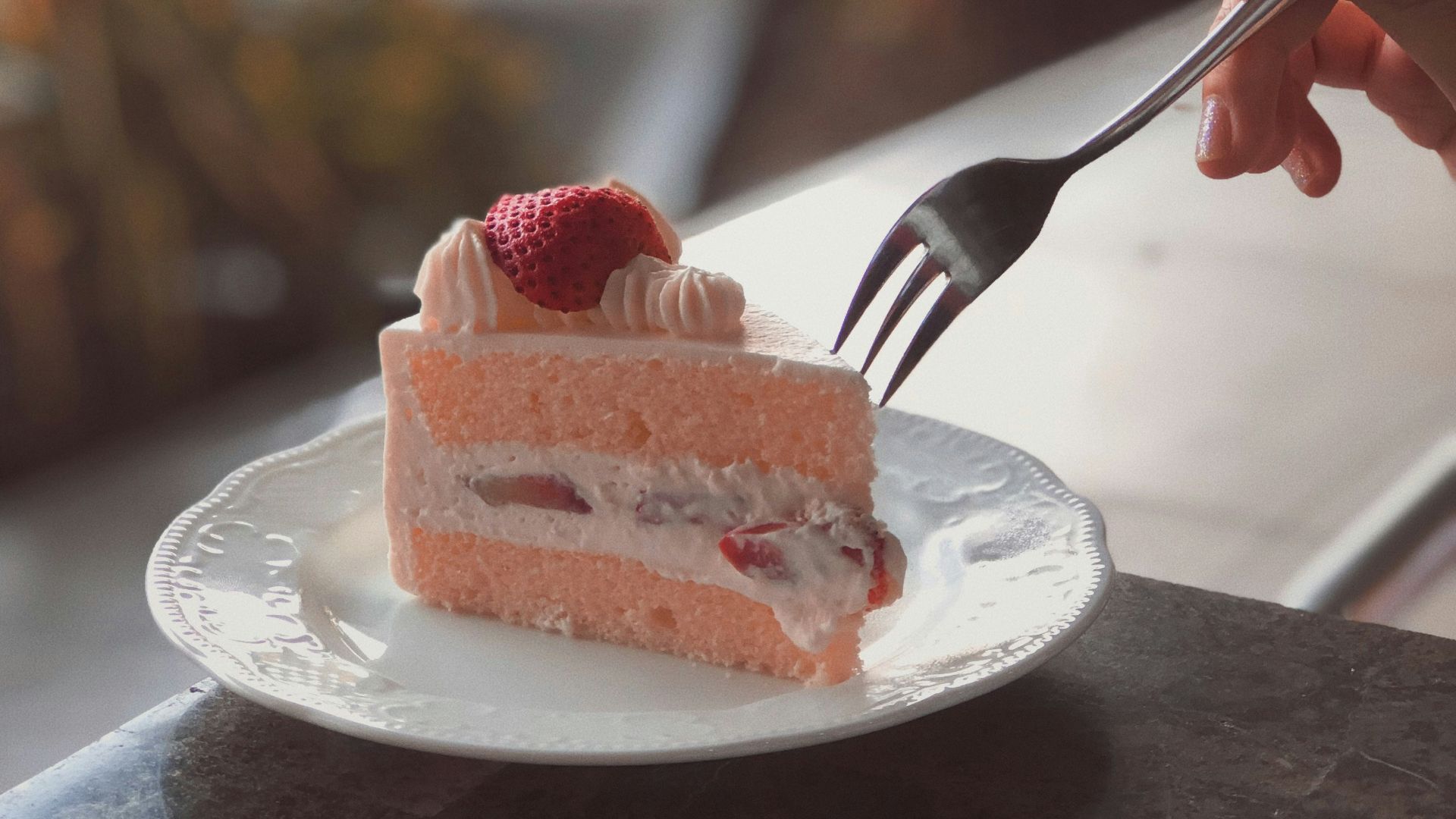 Dan Michael Sinadjan on Unsplash
Dan Michael Sinadjan on Unsplash
4. Monday Morning Quarterback
This expression is exclusively used by Americans or those who watch American football, if "quarterback" wasn't already a huge clue. But what exactly does it mean? Originating from the sport, where fans often criticize a team's strategy after the fact, "Monday morning quarterback" means—well, exactly that. You question someone's decision after it has already happened. Hindsight is 20/20.
5. Shoot the Breeze
If your American friend comes up to you and asks if you want to shoot the breeze, they don't mean literally. Instead, they mean they just want to chat with you and engage in some small talk. Before you know it, you might end up shooting the breeze for hours.
6. Put Up Your Dukes
If someone challenges you to a fight, you might want to put up your dukes, a.k.a. raise your fists. But why do "dukes" mean "fists"? According to etymologists, they believe that it was due to rhyming slang, where intended words are replaced with rhyming words or phrases. "Fork" was once slang for "hands" or "fists," so instead of "Put up your forks," you might say, "Put up your dukes of York!" Over time, this expression was shortened to "Put up your dukes!"
7. Graveyard Shift
If an American tells you they're working the graveyard shift, they don't mean that they have a job at the cemetery. Graveyard shift just refers to work hours that run through the night and into the early morning, typically from midnight to 8AM.
8. Ride Shotgun
"Shotgun!" your American friend yells as they race past the group to your car. Don't be alarmed—they don't mean that literally, and they don't have a weapon hiding somewhere. When they call this term out, they mean that they want the passenger seat at the front ("ride shotgun").
9. Cut the Mustard
Saying that something cut the mustard means that it reached or exceeded the expectations, or simply put, that it succeeded. For example, you might say that you "cut the mustard" on a final exam. But this expression is used more often in negative contexts, meaning that something didn't meet the standards.
10. Break a Leg
Instead of saying "good luck," an American might tell you to break a leg. It's not a threat and they don't mean something unkind, even though the expression certainly might make you think different. What they really mean is: Go do your best out there!
11. Costs an Arm and a Leg
If something is extremely expensive, Americans might say that it costs them "an arm and a leg" to buy. This is just a hyperbole to exaggerate just how pricey an item was. In other words, it was so overpriced, it cost you both limbs!
12. Hit the Road
If you want to grab some pizza and your American friend tells you, "Sure, let's hit the road," you might stare back at them like, huh? There are more phrases where this one stems from, like "hit the hay/sack" (to sleep), "hit the ground running" (to start something right away), and "hit/bite the dust" (to fail or fall heavily). "Hit the road," then, simply means to get up and go or set out on a journey.
13. Don't Be a Stranger
You might be confused if your American friend tells you not to be a stranger. After all, aren't you already friends? Why would you be a stranger? But this expression just means to regularly keep in touch, so that you won't end up not talking at all (i.e. becoming a stranger).
14. Pulling Your Leg
When you hear this phrase, don't take it literally—nobody's actually pulling your leg. Instead, this expression means someone is just joking or poking fun at you. For example, if someone plays an April Fool's prank on you, they might say, "I'm just pulling your leg!" afterwards.
 OurWhisky Foundation on Unsplash
OurWhisky Foundation on Unsplash
15. You Can Put Lipstick on a Pig
The full phrase is "you can put lipstick on a pig, but it's still a pig," but even still, it might sound confusing. What the saying really means is that, no matter how nice you dress something up, it won't change the true nature of it.
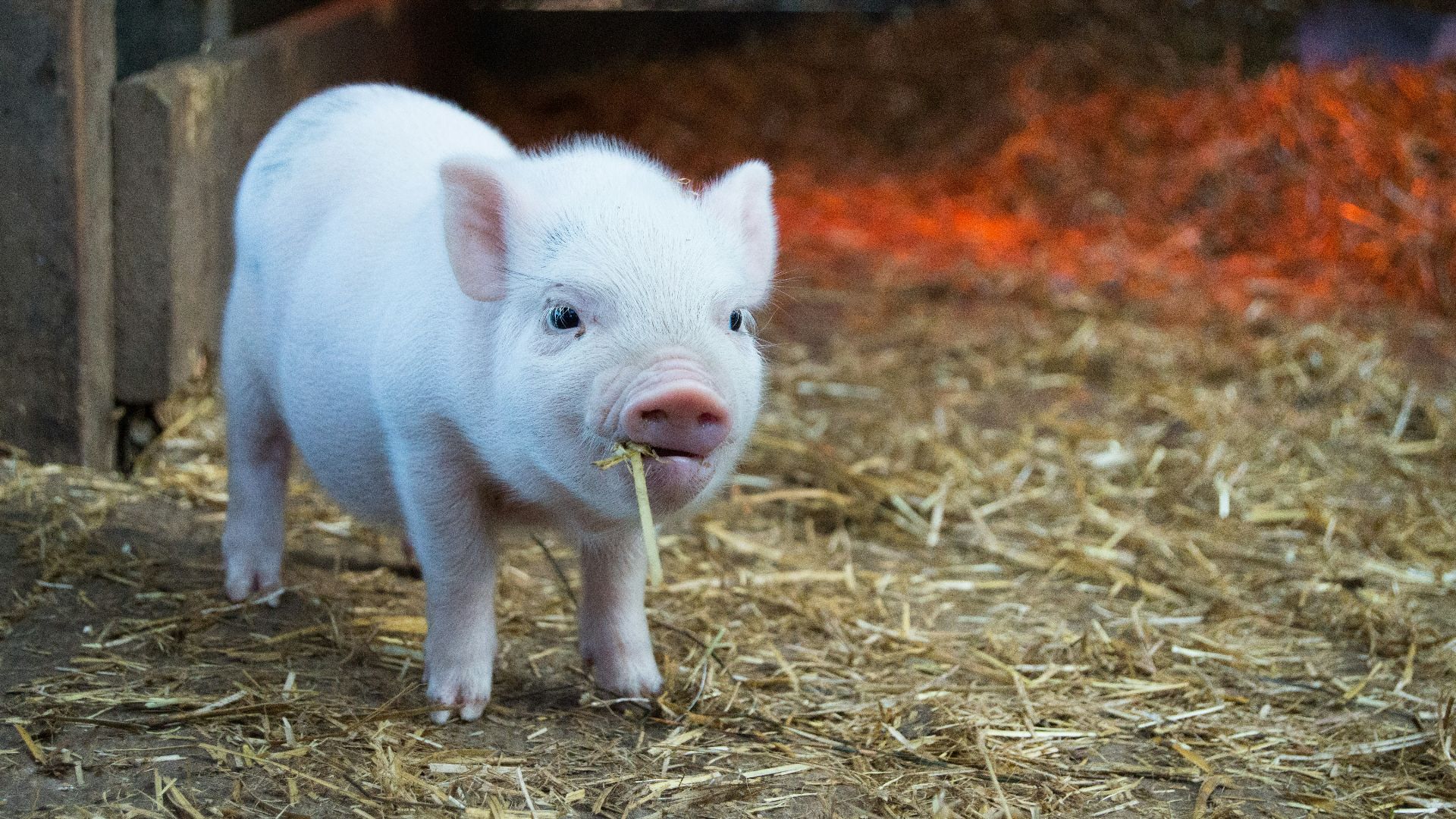 Christopher Carson on Unsplash
Christopher Carson on Unsplash
16. Behind the Eight Ball
Being behind the eight ball means you're in trouble or placed in a difficult situation. This saying is derived from pool, where players can be penalized if the eight ball is hit or touched directly before potting your other balls.
17. Spill the Beans
If your American friend tells you to "spill the beans," they're not telling you to actually open a can of beans and spill them on the floor. Instead, they're asking to be let in on gossip or a secret, or some information only you know.
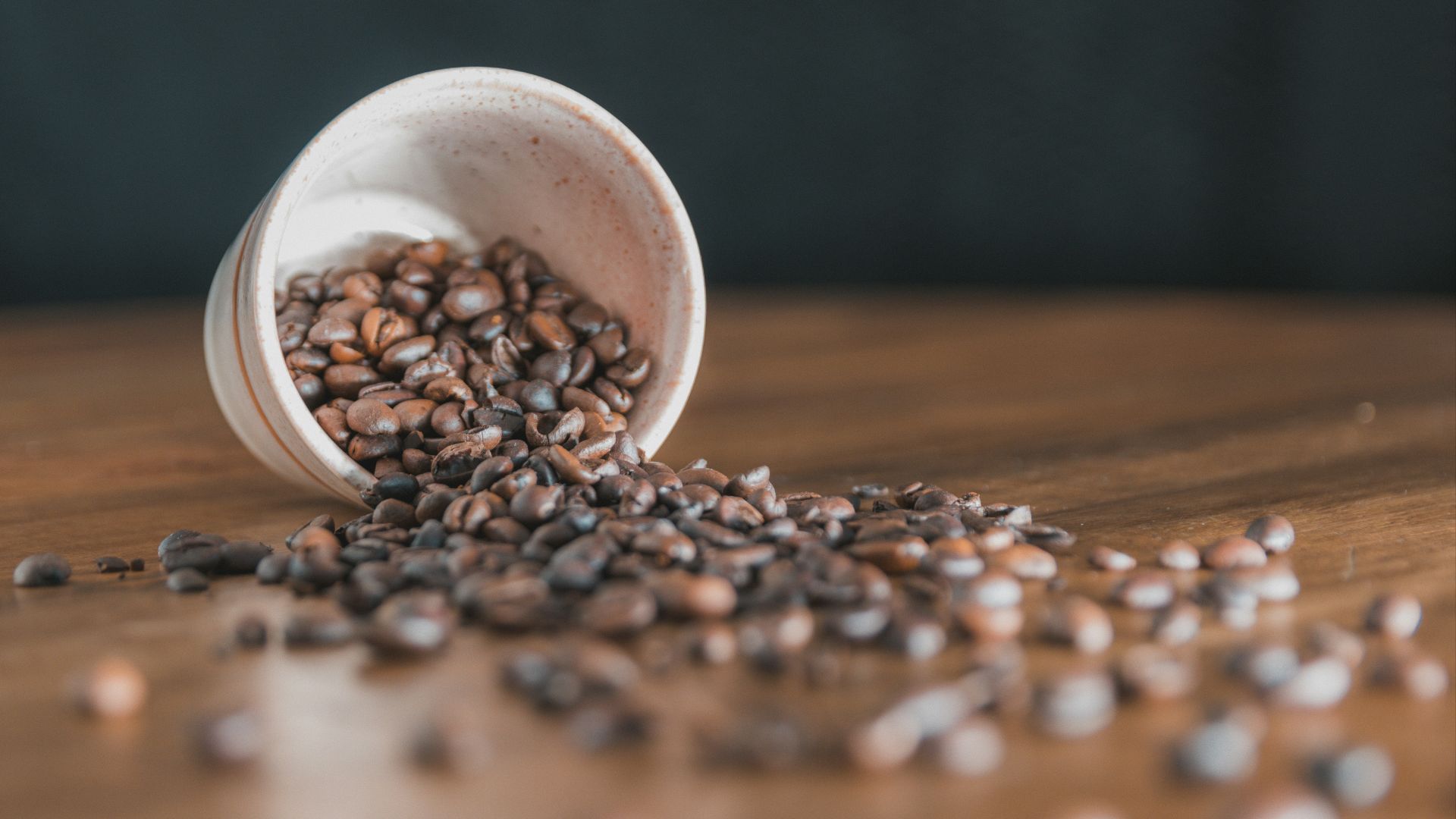 Jeff van Roosmalen on Unsplash
Jeff van Roosmalen on Unsplash
18. Dog Days of Summer
The dog days of summer refer to the hottest, most humid days of the year, typically July and August. But why is it called the "dog days"? Contrary to what you might think, it's actually a reference to the Dog Star, Sirius, which is part of the constellation Canis Major ("Greater Dog" in Latin). Meaning "scorching" in Greek, ancient civilizations used to believe that the warmest days of the year were due to Earth's proximity to the star.
19. Order an Entrée
In America, you might order an entrée when you're ready for the main course, but in other parts of the world, like France, entrée is the appetizer. Due to this mix-up in meanings, you can imagine how perplexed the French may be when Americans confuse appetizers with main course dishes.
20. That's for the Birds
When something isn't important or seems trivial, Americans might use the phrase "that's for the birds." It comes from how birds are sometimes known to peck at anything, even—you guessed it—things that aren't worthwhile to them.


